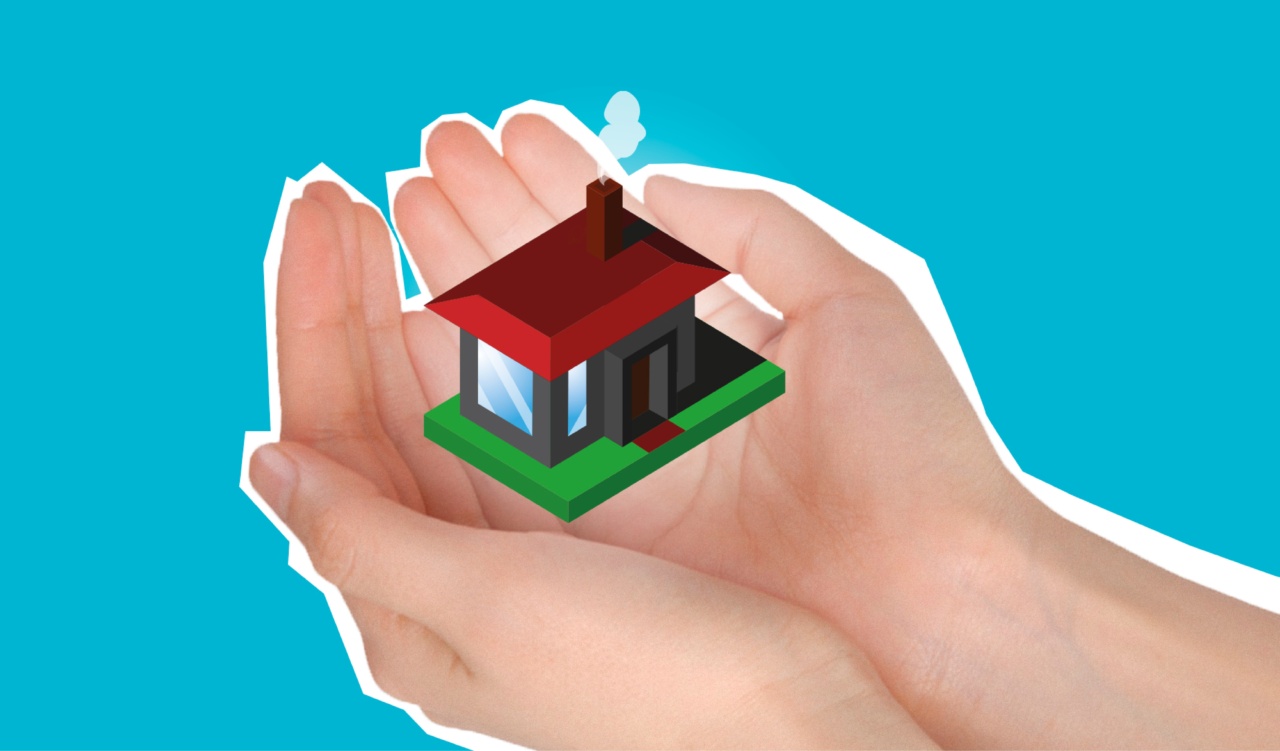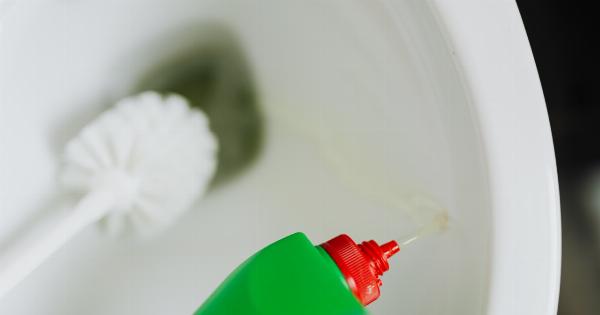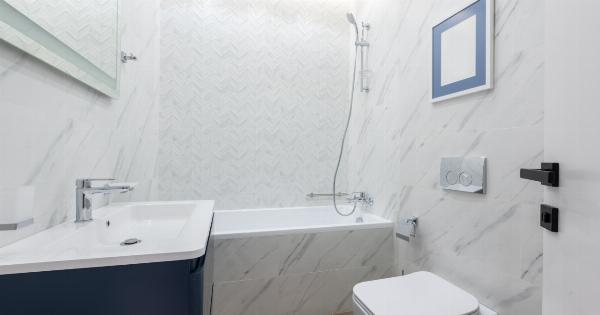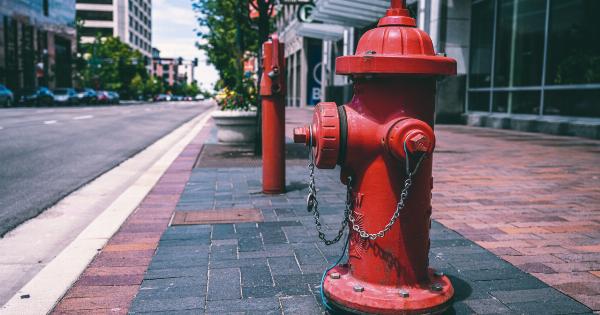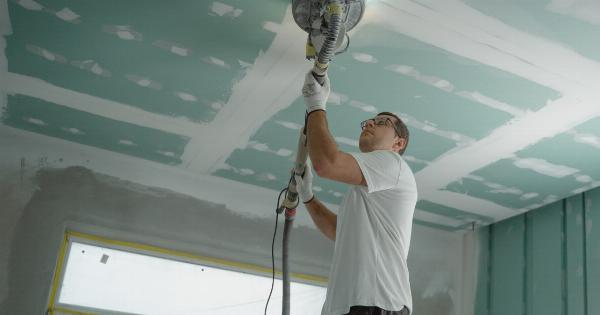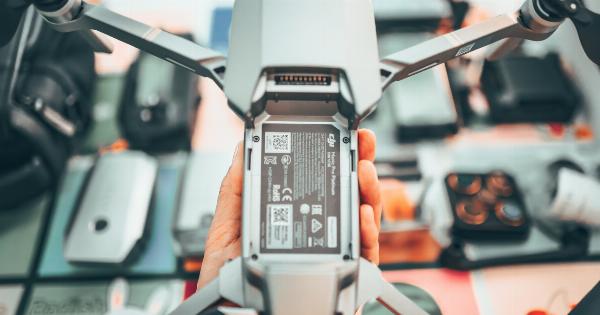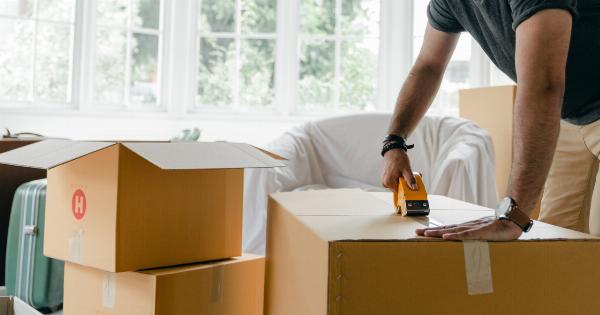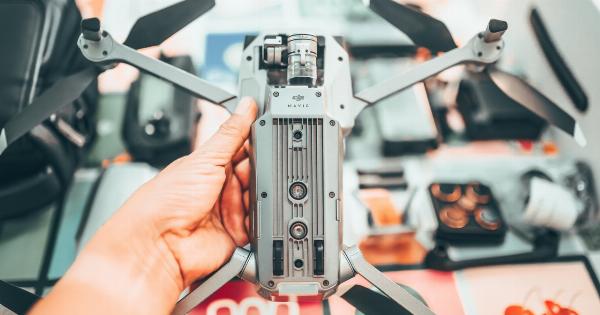Home is where we feel safe and comfortable, a place where we can relax and unwind. However, it is important to remember that accidents can happen anywhere, even in the comfort of our own homes.
That is why investing in certain home appliances can be a lifesaver, quite literally. These appliances are designed to prevent accidents, detect dangers, and provide immediate assistance when needed. In this article, we will discuss ten essential home appliances that can potentially save your life.
1. Smoke Alarms
Smoke alarms are a must-have in every home. They are designed to detect the presence of smoke and alert occupants to a potential fire. A smoke alarm can provide valuable time to escape and call for help during a fire emergency.
Make sure to install smoke alarms in every level of your home, including bedrooms and hallways. Regularly test and maintain these devices to ensure they are in good working condition.
2. Carbon Monoxide Detectors
Carbon monoxide (CO) is a deadly gas that is odorless and invisible. It is produced by fuel-burning appliances such as gas furnaces, water heaters, and stoves.
Without a carbon monoxide detector, it can be challenging to detect a CO leak until it is too late. Investing in a carbon monoxide detector can provide early warning signs of a leak, allowing you to evacuate the premises and call for professional help.
3. Fire Extinguishers
A fire extinguisher is an essential appliance that every home should have. It can help suppress small fires and prevent them from spreading. Educate yourself and your family members on how to use a fire extinguisher properly.
Remember the acronym PASS: Pull the pin, Aim at the base of the fire, Squeeze the handle, and Sweep from side to side. Having a fire extinguisher readily available in your home can potentially save your property and lives.
4. Safety Ladders
It is crucial to have a plan for emergencies such as fire or natural disasters. If you live in a multi-story home, consider investing in safety ladders that can be easily deployed from windows.
These ladders can provide a safe escape route when traditional exits are blocked. Practice using the safety ladder with your family to ensure everyone knows how to use it effectively.
5. Emergency Generators
Power outages can occur due to severe weather conditions or other unforeseen circumstances. Having an emergency generator can provide temporary power to essential devices such as medical equipment, lights, and refrigeration.
This can be especially crucial for individuals with medical conditions that require continuous power supply. Invest in a generator with adequate power capacity and ensure it is installed and maintained correctly.
6. Automated External Defibrillator (AED)
An automated external defibrillator (AED) is a medical device used to analyze and treat life-threatening cardiac rhythms. Having an AED in your home can greatly increase the chances of survival in case of sudden cardiac arrest.
These devices are designed to provide easy-to-follow voice instructions, allowing even untrained individuals to intervene before medical professionals arrive. Proper training and maintenance of the AED are essential for its effective use.
7. Home Security Systems
Investing in a reliable home security system can provide peace of mind and potentially save your life. Modern home security systems offer features such as burglar alarms, video surveillance, and 24/7 monitoring.
They act as a deterrent to potential intruders and can also trigger immediate emergency response in case of a security breach. Make sure to research and choose a reputable security system that suits your needs.
8. Smart Fire Detectors
Smart fire detectors are an innovative addition to traditional smoke alarms. These detectors are equipped with advanced features such as smartphone integration and real-time alerts.
They can send notifications directly to your mobile device in case of a fire emergency, even when you are away from home. Some smart fire detectors can also automatically contact emergency services. Consider upgrading your smoke alarms to smart fire detectors for added safety.
9. Emergency First Aid Kit
Having an emergency first aid kit readily available in your home can be a lifesaver during medical emergencies. These kits typically include essentials such as bandages, antiseptics, CPR masks, and other medical supplies.
Make sure to regularly check and restock your first aid kit to ensure that all items are up to date. Additionally, it is essential to familiarize yourself with basic first aid techniques.
10. Childproofing Appliances
If you have young children, childproofing your home is of utmost importance. Childproof locks and covers can prevent accidents involving appliances such as stoves, ovens, and electrical outlets.
Invest in childproofing products specifically designed to ensure the safety of young children. Regularly inspect your childproofing measures to ensure they are still effective.
Conclusion
Investing in these home appliances can provide an extra layer of protection and potentially save your life.
By having smoke alarms, carbon monoxide detectors, fire extinguishers, safety ladders, emergency generators, AEDs, home security systems, smart fire detectors, an emergency first aid kit, and childproofing appliances, you are taking proactive steps towards creating a safer home environment. Remember to regularly maintain and test these appliances to ensure they are in proper working condition when you need them the most. Your safety and the safety of your loved ones should always be a top priority.
